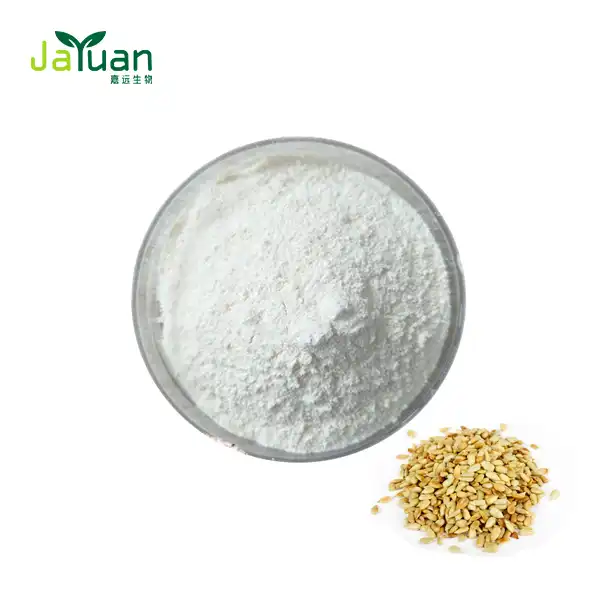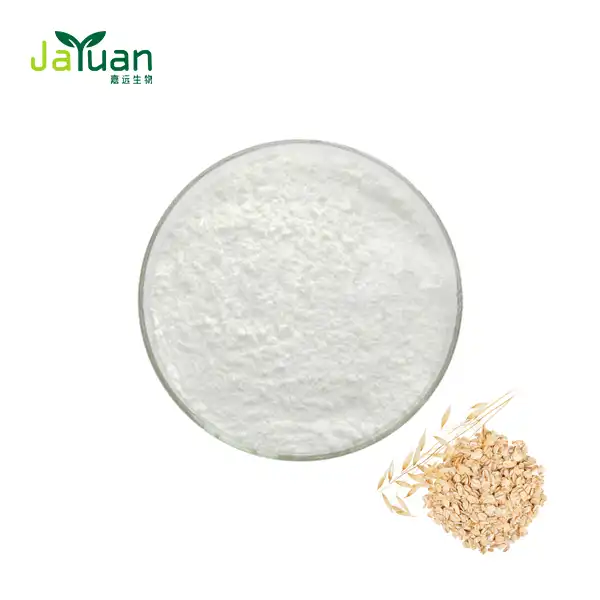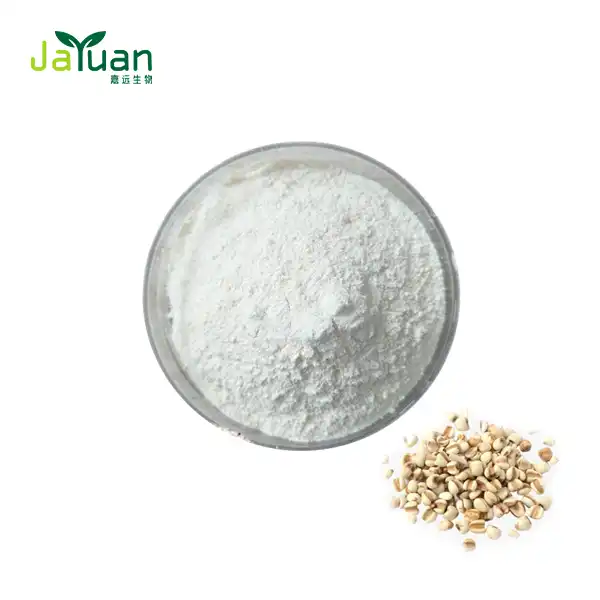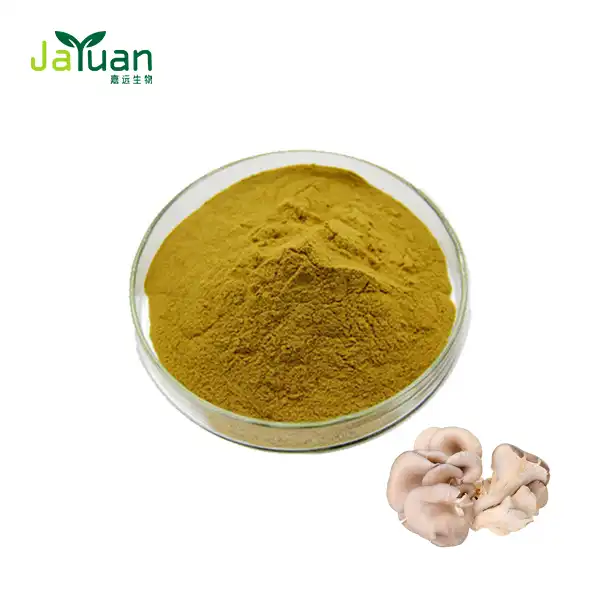Pine Bark Extract vs. Pycnogenol
Identification
As a health-conscious individual, I'm always on the lookout for natural supplements that can support my overall well-being. Two products that have caught my attention are Pycnogenol and Pine Bark Extract powder.
While both are derived from the bark of pine trees, they have distinct characteristics and potential benefits. In this article, I'll delve into the similarities and differences between these two supplements, exploring their functions, effects, dosages, and potential warnings. Contact us for a free sample.
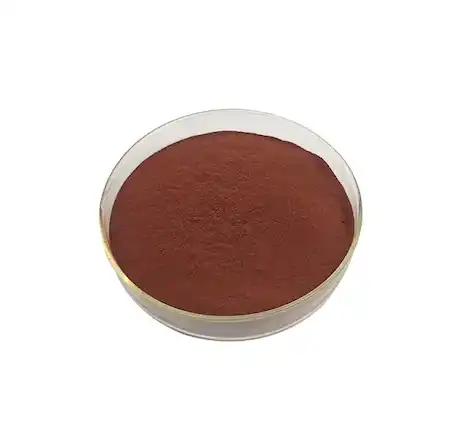
Pine Bark Extract vs.Pycnogenol Function
Pine Bark Extract is a concentrated form of the bioflavonoids and other plant compounds found in the bark of certain pine tree species, such as the French maritime pine (Pinus pinaster) and the Scots pine (Pinus sylvestris). These compounds, collectively known as oligomeric proanthocyanidins (OPCs), are powerful antioxidants that may offer various health benefits.
On the other hand, Pycnogenol is a patented and standardized form of Pine Bark Extract powder derived exclusively from the bark of the French maritime pine. It is a proprietary product manufactured by Horphag Research, a company based in Switzerland. Pycnogenol contains a specific concentration of OPCs, which are thought to be responsible for its potential therapeutic effects.
Pine Bark Extract vs.Pycnogenol Effects
Both Pine Bark Extract and Pycnogenol are believed to have antioxidant and anti-inflammatory properties, which may contribute to their potential health benefits. However, due to its standardized composition and higher concentration of OPCs, Pycnogenol has been more extensively studied and is associated with a broader range of potential benefits.
Some of the potential effects of Pine Bark Extract and Pycnogenol include:
1. Cardiovascular health: These supplements may help improve blood flow, reduce the risk of blood clots, and support healthy blood pressure levels.
2. Cognitive function: Some research suggests that they may have neuroprotective effects and potentially improve cognitive performance.
3. Skin health: They may help reduce the appearance of fine lines and wrinkles, as well as improve skin elasticity and hydration.
4. Joint health: Their anti-inflammatory properties may help alleviate joint pain and improve mobility in individuals with osteoarthritis.
5. Diabetes management: Some studies indicate that they may help regulate blood sugar levels and improve insulin sensitivity.
Contact us for a free sample.
Pine Bark Extractvs.Pycnogenol Dosage
The recommended dosages for Pine Bark Extract powder and Pycnogenol can vary depending on the specific product and the intended use. Generally, Pycnogenol is recommended at a daily dose of 100-300 mg, while the dosage for Pine Bark Extract may range from 100-400 mg per day.
It's important to note that these supplements are not regulated by the Food and Drug Administration (FDA), and their quality and potency can vary among different manufacturers. It's always advisable to consult with a healthcare professional before starting any new supplement regimen, especially if you have underlying health conditions or are taking medications.
Warning
While Pine Bark Extract powder and Pycnogenol are generally considered safe when taken at recommended doses, there are a few potential warnings to keep in mind:
1. Anticoagulant effects: These supplements may increase the risk of bleeding, especially when taken in combination with blood-thinning medications like warfarin or aspirin.
2. Interactions with medications: They may interact with certain medications, such as those used to treat diabetes, high blood pressure, or other cardiovascular conditions.
3. Pregnancy and breastfeeding: The safety of these supplements during pregnancy and breastfeeding has not been fully established, so it's best to consult with a healthcare professional before use.
FAQ
Are Pine Bark Extract and Pycnogenol the same thing?
No, Pine Bark Extract is a general term for the concentrated extract derived from the bark of various pine tree species, while Pycnogenol is a patented and standardized form of it derived specifically from the French maritime pine.
Can I take Pine Bark Extract and Pycnogenol together?
It's generally not recommended to take both supplements together, as they contain similar active compounds. Doing so may increase the risk of side effects or interactions.
How long does it take for Pine Bark Extract or Pycnogenol to work?
The time it takes for these supplements to produce noticeable effects can vary depending on the individual and the specific condition being addressed. Some people may experience benefits within a few weeks, while others may need to take them for several months before noticing any changes.
Conclusion
Pine Bark Extract and Pycnogenol are natural supplements derived from the bark of pine trees, offering a range of potential health benefits due to their antioxidant and anti-inflammatory properties. While they share some similarities, Pycnogenol is a patented and standardized form of Pine Bark Extract, which has been more extensively studied and is associated with a broader range of potential effects.
When considering either supplement, it's crucial to consult with a healthcare professional, especially if you have any underlying health conditions or are taking medications. Additionally, it's important to source these supplements from reputable manufacturers to ensure quality and potency.
Xi'an Jiayuan Bio-tech Co., Ltd. is a professional Pine Bark Extract manufacturer and supplier, offering GMP-certified products, large inventory, complete certificates, OEM support, fast delivery, tight packaging, and testing services. If you're looking to source high-quality Extract, feel free to contact them at sales@jayuanbio.com.
Contact us for a free sample.
References:
1. Rohdewald, P. (2002). A review of the French maritime pine bark extract (Pycnogenol), a herbal medication with a diverse clinical pharmacology. International Journal of Clinical Pharmacology and Therapeutics, 40(4), 158-168.
2. Maimoona, A., Naeem, I., Saddiqe, Z., & Jameel, K. (2011). A review on biological, nutraceutical and clinical aspects of French maritime pine bark extract. Journal of Ethnopharmacology, 133(2), 261-277.
3. Belcaro, G., Cesarone, M. R., Errichi, S., Zulli, C., Errichi, B. M., Vinciguerra, G., ... & Dugall, M. (2008). Treatment of osteoarthritis with Pycnogenol®. Phytotherapy Research, 22(4), 518-523.
4. Packer, L., Rimbach, G., & Virgili, F. (1999). Antioxidant activity and biologic properties of a procyanidin-rich extract from pine (Pinus maritima) bark, pycnogenol. Free Radical Biology and Medicine, 27(5-6), 704-724.

